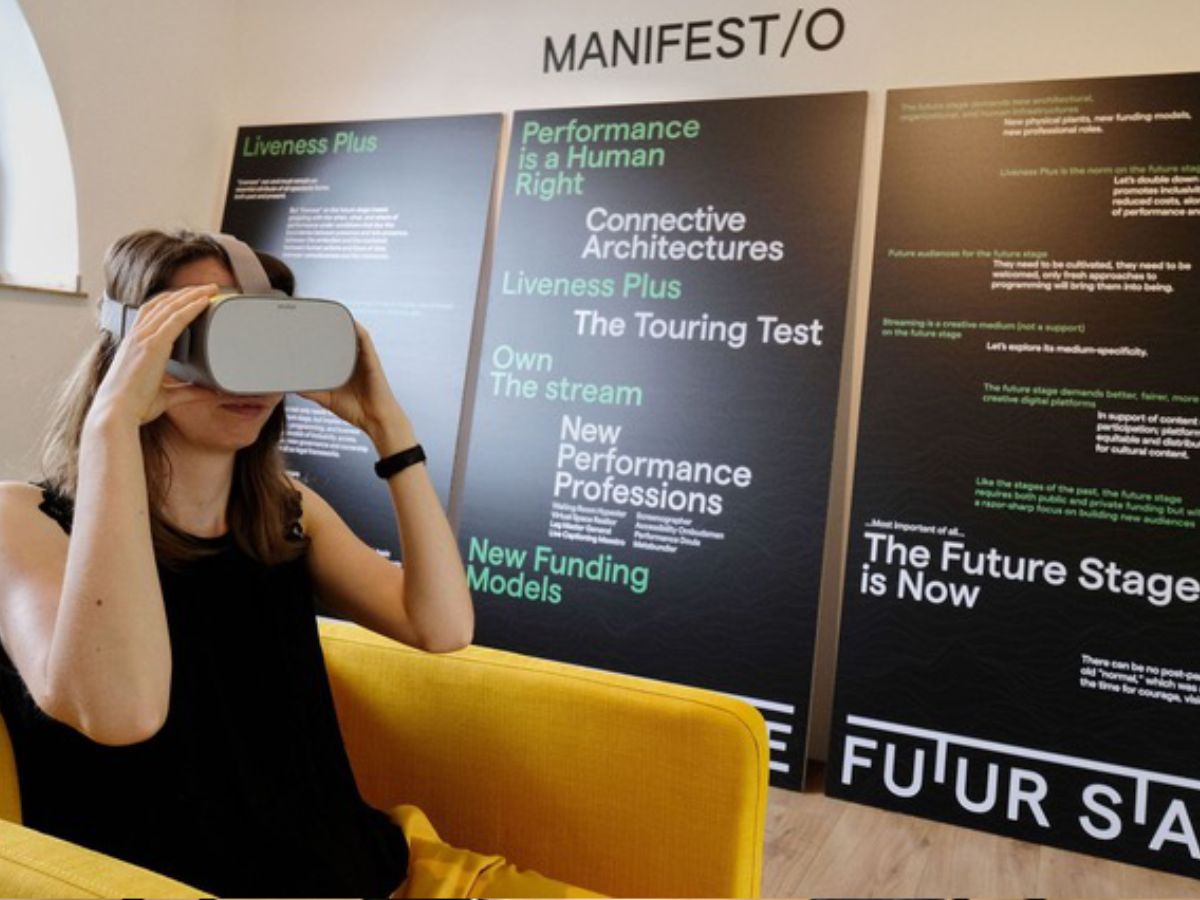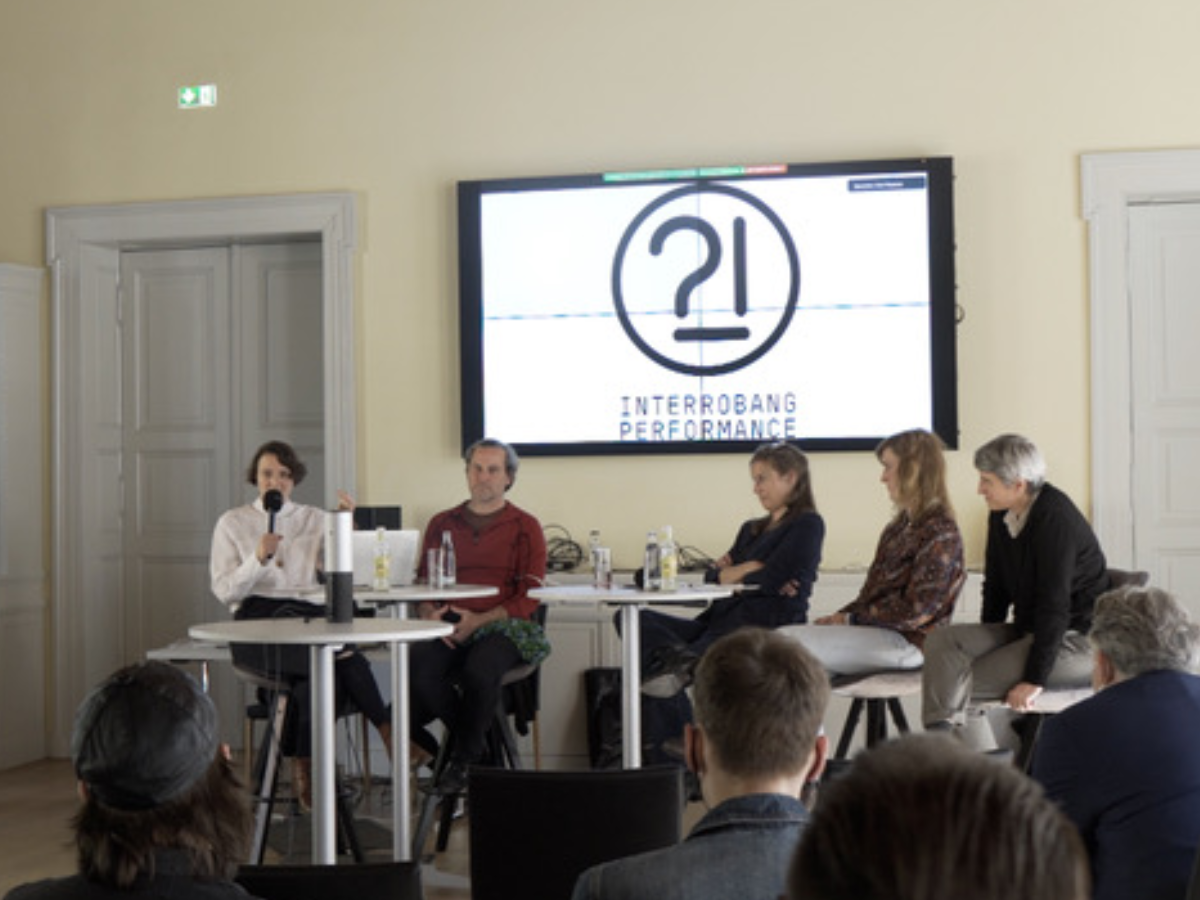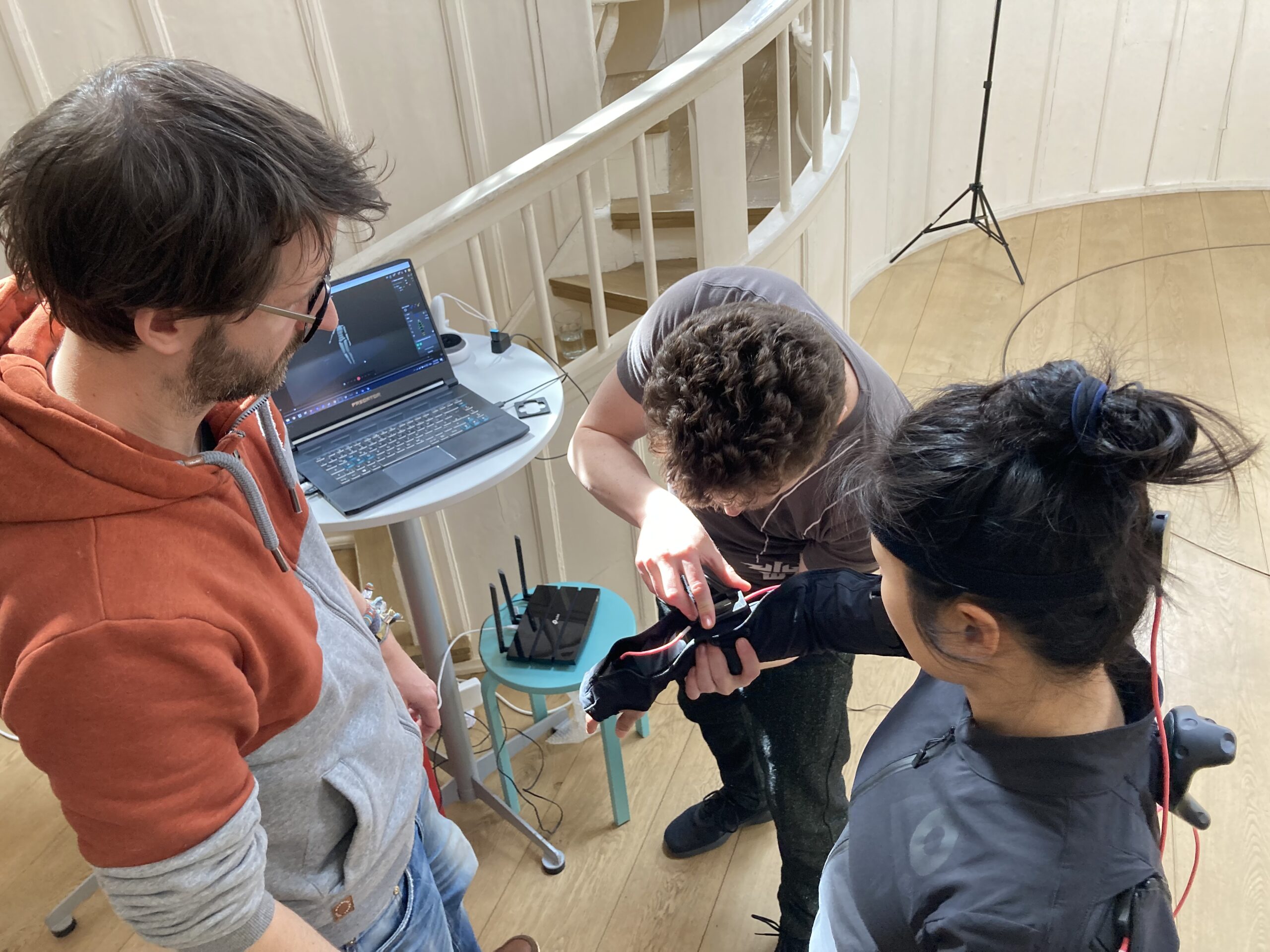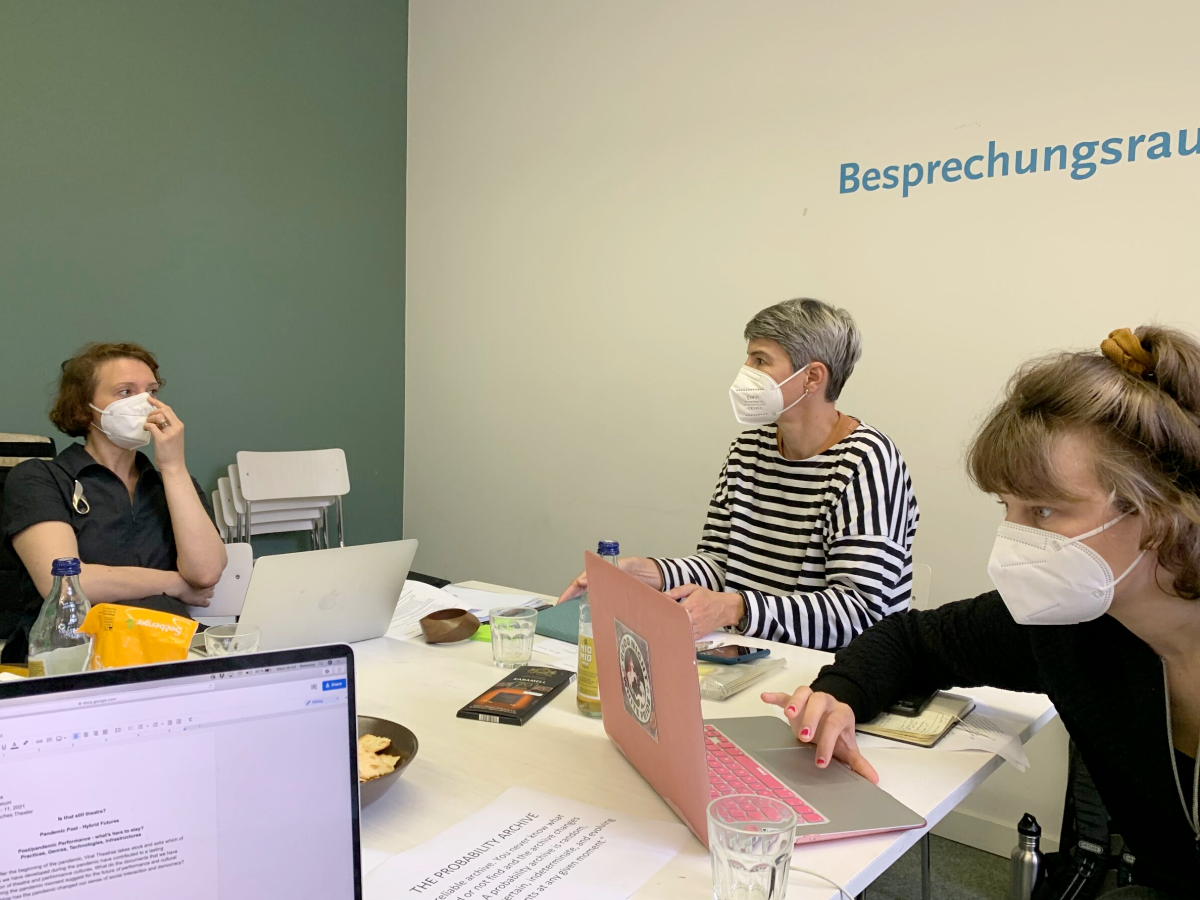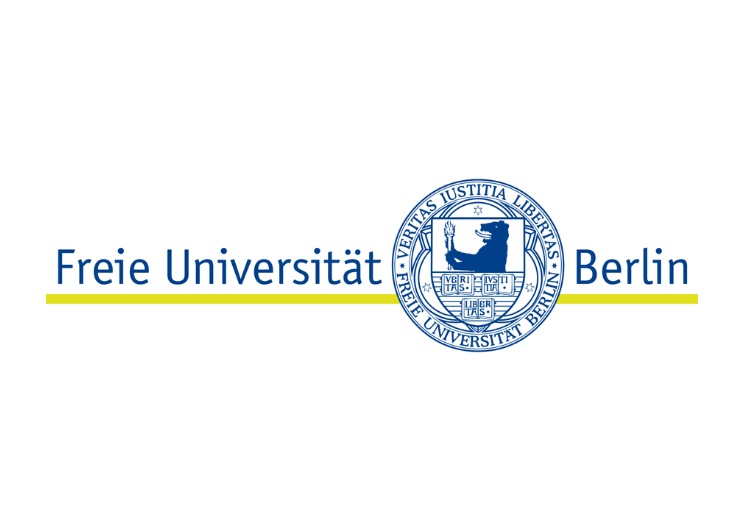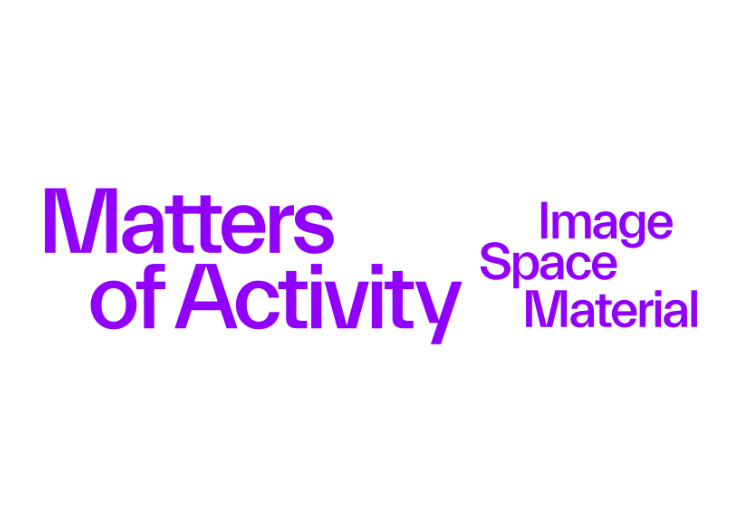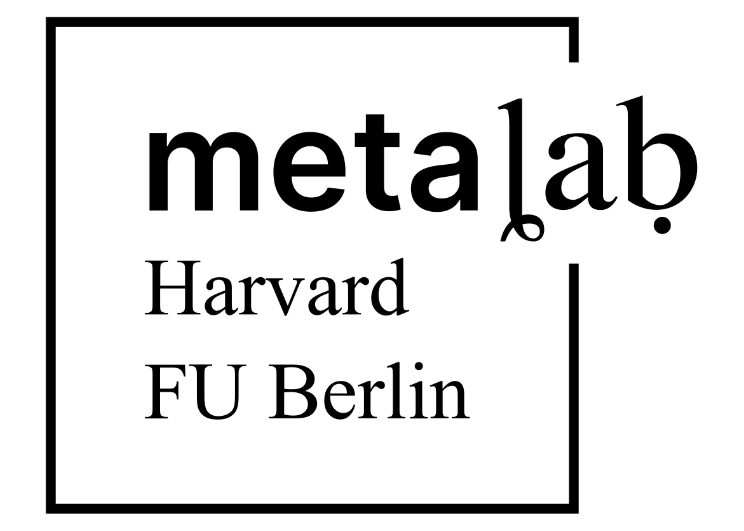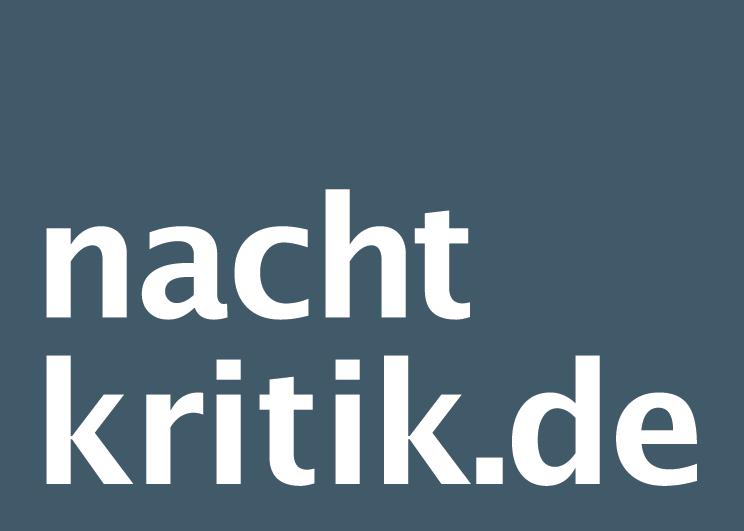Viral Theatres Workshop
Home > VIRAL THEATRES >
We curated a day of public online workshops with international guest artists and researchers to investigate the changes to theatre infrastructures and aesthetics during the pandemic. In three sessions, we explored how the shift to digital forms affected liveness, participation and documentation.
Digital Forms of Participation
with:
Stefanie Sobelle (Decameron Row) 11:38
Sarah Reimann & Anna Krauß (HAU Hebbel am Ufer Berlin) 33:38
Kai Padberg (Freie Universität Berlin) 52:14
The theatre as a building, institution and event is full of rituals: rituals of going to and being at the theatre; rituals of rehearsing and performing; rituals of practicing collectivity, of becoming a public. In this session, we want to explore how this participation in and partaking of ritual changes in the digital public sphere and how these processes and encounters can be translated into or rendered in alternate ways in the virtual realm.
What is Digital/Hybrid Liveness
with:
Stefanie Sobelle (Decameron Row) 11:38
Sarah Reimann & Anna Krauß (HAU Hebbel am Ufer Berlin) 33:38
Kai Padberg (Freie Universität Berlin) 52:14
Creative Archiving
with:
Sara Örtel ( Archive, Akademie der Künste Berlin)
Joseph Dunne-Howrie (DocPerform/ City, University of London)
Kai van Eikels (Ruhr Universität Bochum / Fonds Darstellende Künste)
How does one document closure and pause in cultural production? We want to explore this question of creative forms of archiving both as a way of tracing the exceptionalism of the present moment and as an approach to understanding the lasting transformation of the arts sector currently underway. How can the global dimension of these pandemic arts practices be captured? Can experience rather than objects and materials be documented? Documenting turns into a collaborative act and a space for coping with the present as much as sketching alternatives to the pressures of the now.
THE WORKSHOP SPEAKERS
Kai Padberg
Miriam Felton-Dansky
is a critic and scholar of contemporary performance based at Bard College. She is the author of Viral Performance: Contagious Theaters from Modernism to the Digital Age (Northwestern, 2018), and criticism in a range of popular and scholarly publications. A former theatre critic for the Village Voice, she is currently writing a history of downtown performance from 2000-2019.
Sarah Reimann
Anna Krauß
Dr. Joseph Dunne-Howrie
Sara Örtel
Kai van Eikels
combines philosophy, theatre and performance studies in his work. He is currently teaching at Ruhr-Universität Bochum. His research topics include: collectivity and politics of participation; art and labor; synchronization, time and matter; queer cuteness. Publications include: Performance Research 16:3 “On Participation and Synchronization” (ed., with Bettina Brandl-Risi), 2011; Die Kunst des Kollektiven. Performance zwischen Theater, Politik und Sozio-Ökonomie, 2013; Art works. Ästhetik des Postfordismus (with Netzwerk Kunst + Arbeit), 2015;Synchronisieren. Ein Essay zur Materialität des Kollektiven, 2020. Articles, in German and English, can be found on his Academia page, https://rub.academia.edu/KaivanEikels and on his theory blog, https://kunstdeskollektiven.wordpress.com
Stefanie Sobelle
Mario Simon
Birgit Lengers
Prof. Daniel C. Richardson
VIRAL THEATRES
The Viral Theatres Research Project is a collaboration of the EXC2020 Temporal Communities at the Freie Universität Berlin, the EXC Matters of Activityas well as Gamelab.berlin at Humboldt University Berlin & Bard College Berlin; the research project was generously funded by the VolkswagenFoundation. We also cooperated with the following partners for its final exhibition and symposium: Nachtkritik.de, metalab@Harvard & FU Berlin.
